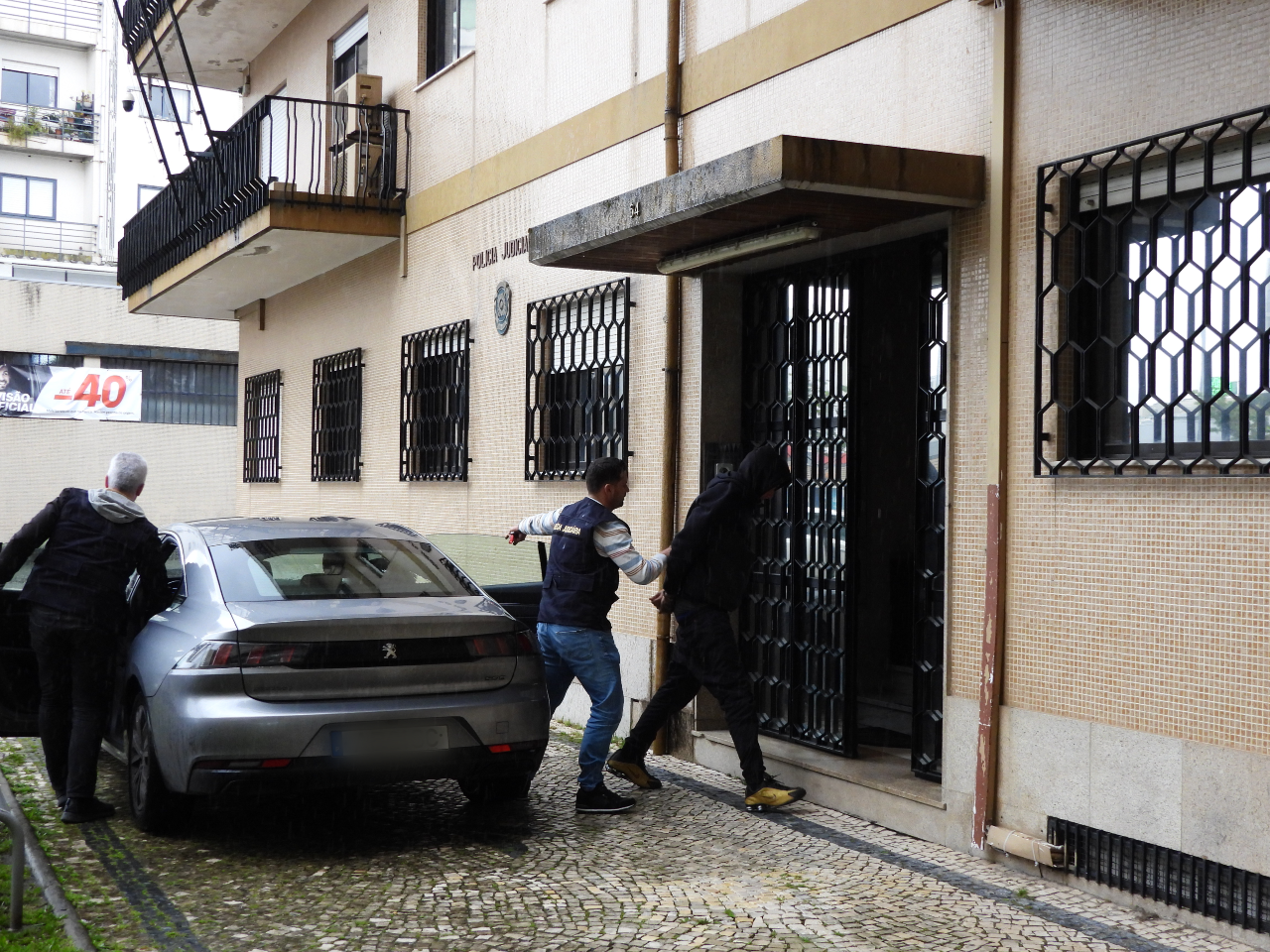Airbnb Criticizes Lisbon's New Short-Term Rental Regulations
Airbnb has voiced strong opposition to the new regulations proposed for short-term rentals (AL) by the Lisbon City Council, claiming they unfairly harm families who occasionally rent out part or all of their homes to help balance their budgets.
In a statement regarding the proposed changes that were open for public consultation until Tuesday, Airbnb urged the municipality to stop using short-term rentals as a scapegoat for housing shortages and excessive tourism.
The Impact on Families
The platform argues that the new rules will negatively affect families looking to rent their homes in 20 out of 24 Lisbon parishes, while the city continues to facilitate the third-largest hotel expansion in a European capital.
Airbnb highlights that even as the city controls short-term rentals, it is approving over 54 new hotel projects, which will add more than 7,000 tourist rooms—spaces that could have been utilized for affordable housing.
Ineffective Measures
Airbnb emphasizes that it is ineffective to limit short-term rentals to combat excessive tourism while simultaneously approving new hotel licenses. The company notes that 30 of the new hotel projects are located in areas with high tourist pressure.
They suggest that the Lisbon City Council (CML) should implement a moratorium on new hotel approvals at the parish level and encourage programs to convert obsolete hotels into affordable housing.
New Regulations and Their Consequences
The proposed regulations would, in practice, prohibit all new short-term rental licenses, including for room rentals, which Airbnb describes as disproportionate. They argue that these regulations do not differentiate between real estate investments for tourism and families sharing their homes occasionally without significantly impacting the housing market.
Moreover, the municipality overlooks the unique characteristics of parishes that could benefit from tourism decentralization, while contradictorily promising to alleviate tourist pressure while facilitating hotel expansion.
A Call for Collaboration
Airbnb is willing to collaborate with the CML to create proportional and non-discriminatory regulations, offering to share data to avoid the counterproductive effects of blanket and disproportionate regulations. They advocate for assessing each parish's realities with fair ratios to define rental zones, and for regulations to clearly distinguish between different types of short-term rentals.
The majority of Airbnb hosts in Lisbon are families sharing a room or their home, and Airbnb aims to protect these families' right to occasionally rent their primary or vacation homes for extra income amid rising living costs.
According to the platform, the proposed regulations will not address the city's housing problems, which include over 47,740 vacant homes, representing nearly 15% of the total housing stock.
The Lisbon City Council's proposed amendments to the Municipal Regulation of Short-Term Rentals (RMAL) were under public consultation until Tuesday, with proposals from PSD/CDS-PP, PS, BE, Livre, and PCP. The document advocates measures to ensure a desirable balance between tourist offerings and housing in all parishes, proposing a reduction to a 5% ratio between short-term rental establishments and traditional family accommodations.
Additionally, the proposal limits the transferability of short-term rental titles and stipulates that only in areas of relative containment can room units be registered, and only in properties of type T2 or larger.















Comments
Join Our Community
Sign up to share your thoughts, engage with others, and become part of our growing community.
No comments yet
Be the first to share your thoughts and start the conversation!